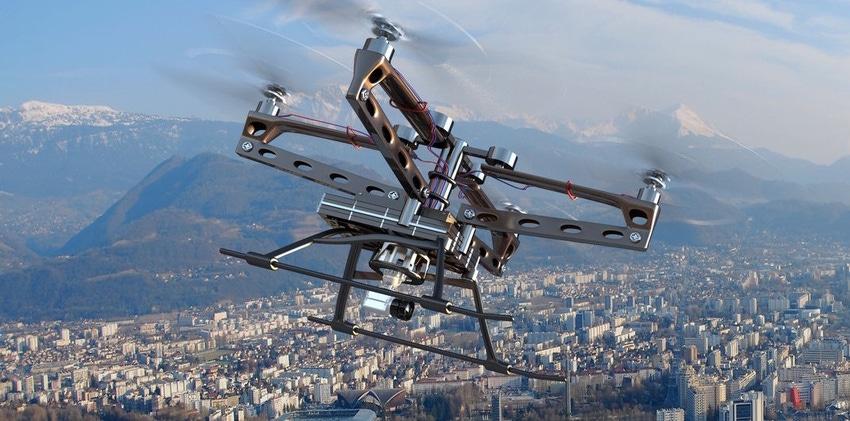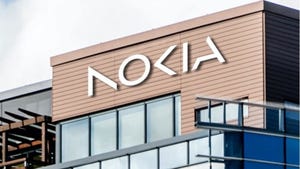Drones equipped with smartphones are being utilised by du to carry out analysis on its network across Dubai. The first test, announced by partner Nokia, took place at the Dubai International Stadium to report on network conditions when occupied by 25,000 attendees.
July 7, 2015

Drones equipped with smartphones are being utilised by du to carry out analysis on its network across Dubai. The first test, announced by partner Nokia, took place at the Dubai International Stadium to report on network conditions when occupied by 25,000 attendees.
The Emirati multiplay operator partnered with Nokia to launch the automated network testing service utilising a fleet of automated drones, and aimed to gather network data and KPIs for speed tests, tower inspections, radio planning and line of sight testing. Nokia claims utilising drones to conduct such tests is far more efficient than manual walk tests based on the rate of ground covered by drones, and because data can be automatically sent back to Nokia’s Global Delivery Centre for instant analysis.
To complete the trial, Nokia says it provided du with high-capability drones from Secutronic, m-View Live Video wireless video broadcasting cameras, and smartphones pre-installed with Ascom Network Testing software.
Marwan BinShakar, VP of mobile access network and operations at du reckons the project with Nokia is key in driving Dubai towards the vision of a smart city.
“Innovation is the lifeblood of the UAE’s smart city future, and we are proud to successfully demonstrate our network capabilities,” he said. “Together with Nokia Networks, we are satisfied with the results from the use of drones for network planning and faster optimisation in specific location at Dubai International Stadium, as well as for radio planning and tower inspection which will result in greater efficiency and improved safety.”
Nokia Networks’ Head of du customer team, Tony Awad, thinks the pervasion of drones in various tech sectors is inevitable.
“Drones are becoming a common phenomenon across the world and multiple sectors are embracing the benefits drones bring such as faster deliveries in logistics or delivering emergency services in health care,” he said. “In the telecoms sector, certain operators have already embraced the use of drones for telecom tower audits, and we are proud to be able to demonstrate multiple use cases using drones with du in the UAE. With the use of drones we continue to bring innovation and automation into our service delivery to make our networks even more efficient and reliable.”
The use-case scenarios for unmanned, remote-controlled flying machines in telecoms have grown somewhat in the past couple of years, as the development of drone technology has progressed. At MWC in March, Google’s Sundar Pichai discussed the two floating cellular network projects it is currently working on, “Loon” and “Titan”. The OTT giant is in advanced testing of its floating cellular network, consisting of inflatable balloons (Loon) and lightweight solar-powered planes (Titan), which Google hopes when combined will provide a mobile network in both senses of the word.
Last year Facebook also announced its work on a similar project to provide drone-based internet connectivity to remote areas, alongside Internet.org founders Qualcomm, Ericsson, Nokia, MediaTek, Opera and Samsung.
About the Author(s)
You May Also Like








.png?width=300&auto=webp&quality=80&disable=upscale)


_1.jpg?width=300&auto=webp&quality=80&disable=upscale)


.png?width=800&auto=webp&quality=80&disable=upscale)